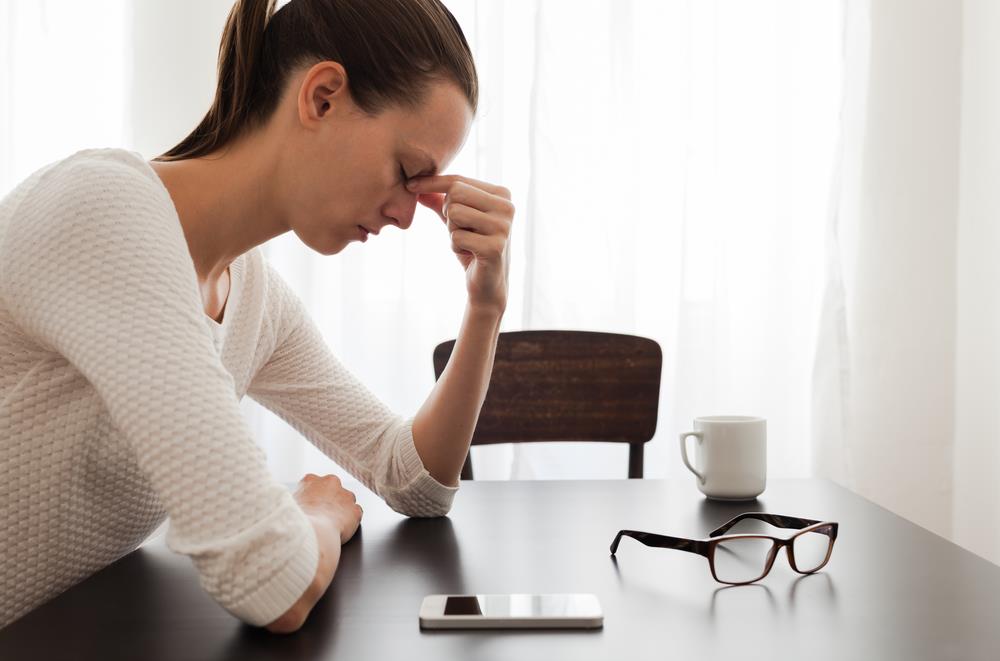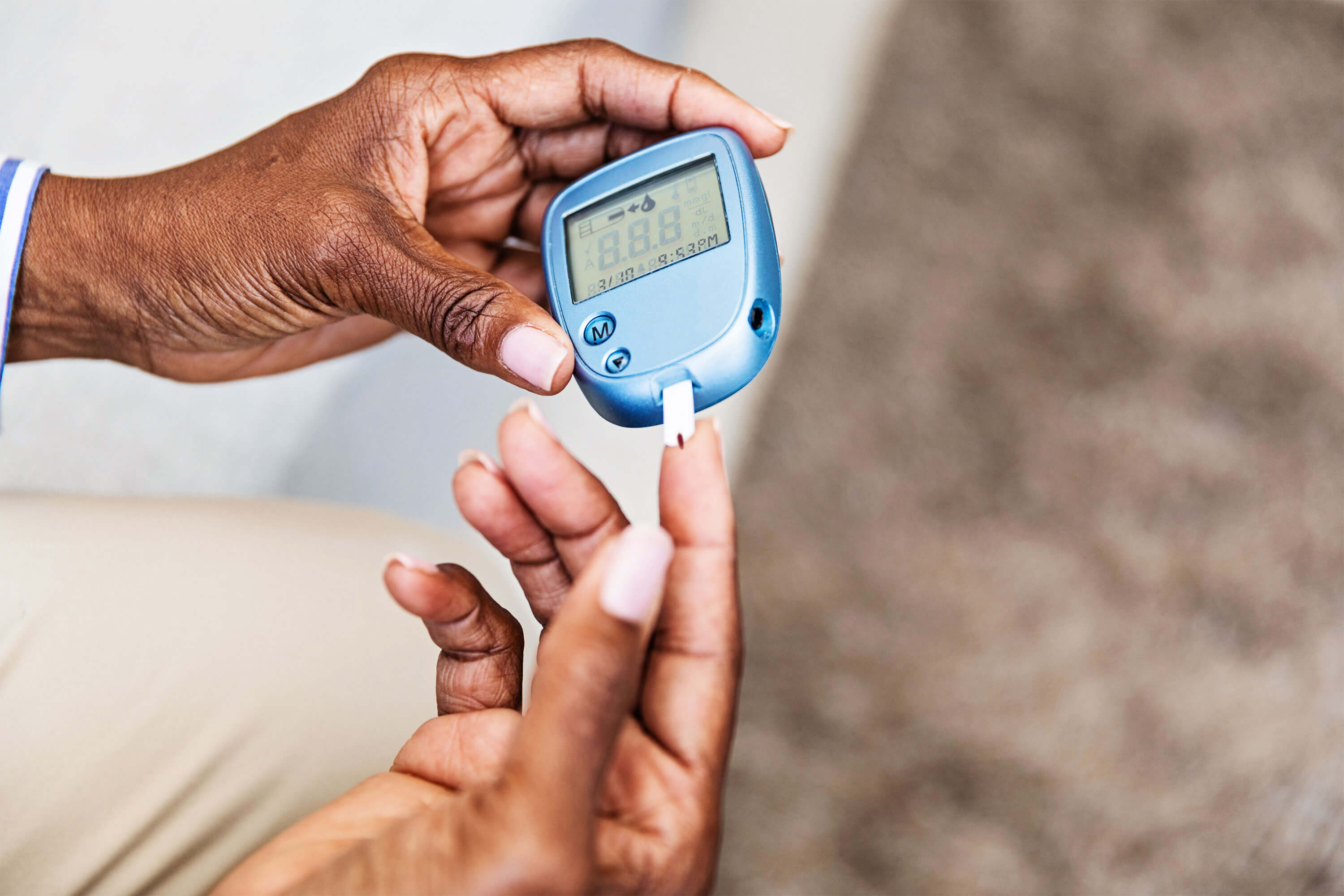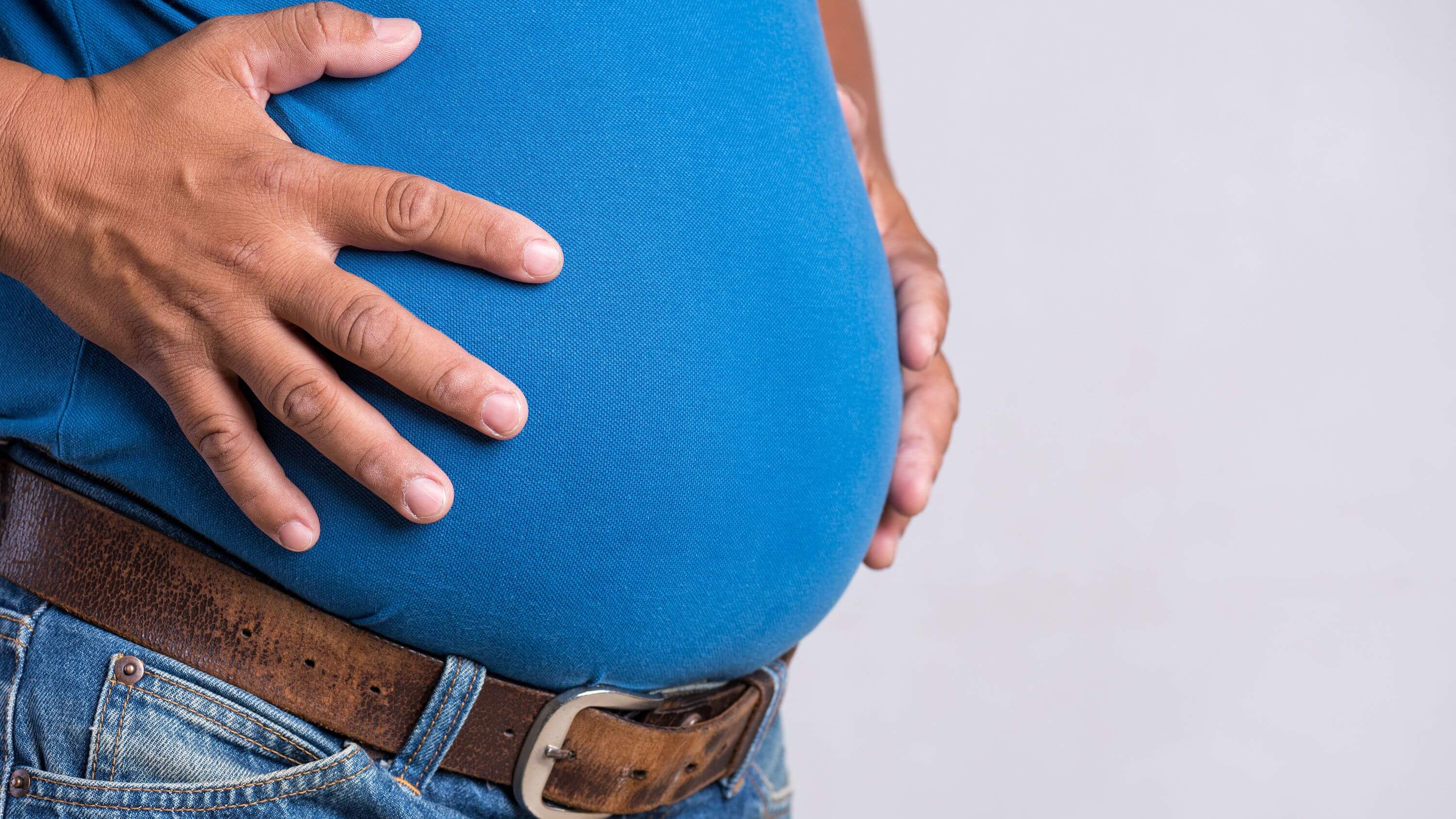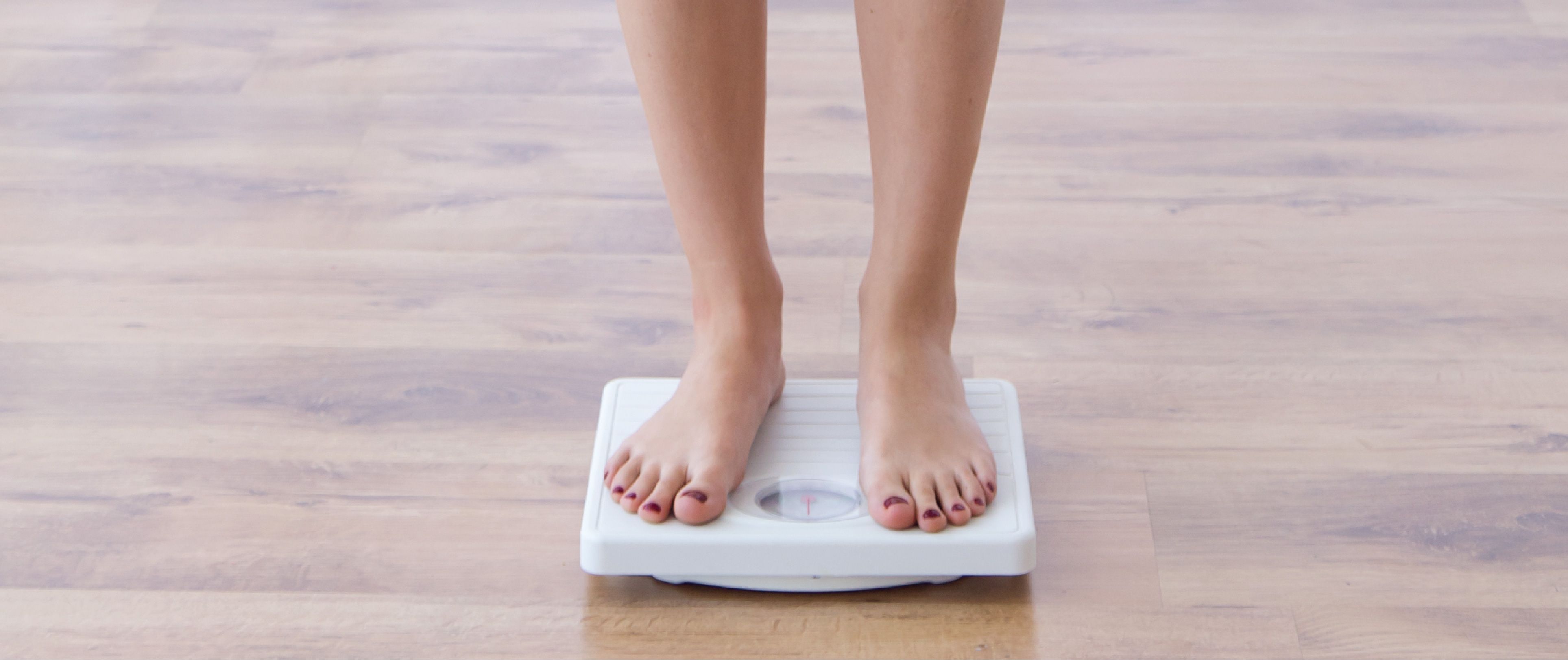Sleep deprivation may suppress your immune system: study
Not getting enough
sleep may depress your immune system, according to a new study that explains
why some people get sick when they are sleep deprived.Researchers took blood
samples from 11 pairs of identical twins with different sleep patterns and
discovered that the twin with shorter sleep duration had a depressed immune
system, compared with his or her sibling.
"What we show is that the immune system functions best when it gets enough sleep. Seven or more hours of sleep is recommended for optimal health," said lead author Nathaniel Watson, from University of Washington in the US.A unique feature of this study was to employ identical twins in order to control for the large genetic determinant to humans' sleep duration.
Researchers say genetics account for 31 to 55 per cent of sleep duration and behaviour and environment account for the remainder.A lot of existing data shows that curtailing sleep - for a limited time in the laboratory setting - can increase inflammatory markers and activate immune cells, said Sina Gharib, from University of Washington.
Little is known, though, about the effects of longstanding short sleep duration under natural conditions.
justify;">The study employed
"real world" conditions and showed for the first time that chronic
short sleep shuts down programs involved in immune response of circulating
white blood cells.
"The results are consistent with studies that show when sleep deprived people are given a vaccine, there is a lower antibody response and if you expose sleep deprived people to a rhinovirus they are more likely to get the virus," Watson said.
"This study provides further evidence of sleep to overall health and well-being particularly to immune health," he said.The researchers said that over the past century people in the US are sleeping an estimated 1.5 to two hours less, and about one-third of the working population sleeps less than six hours per night.
"Modern society, with its control of light, omnipresent technology and countless competing interests for time, along with the zeitgeist de-emphasising sleep's importance, has resulted in the widespread deprioritisation of sleep," they said.
The findings were published in the journal Sleep.
AIMIM News
Latest Urdu News
Most Viewed
Should there be an India-Pakistan cricket match or not?



























.jpg)
.jpg)
.jpg)


